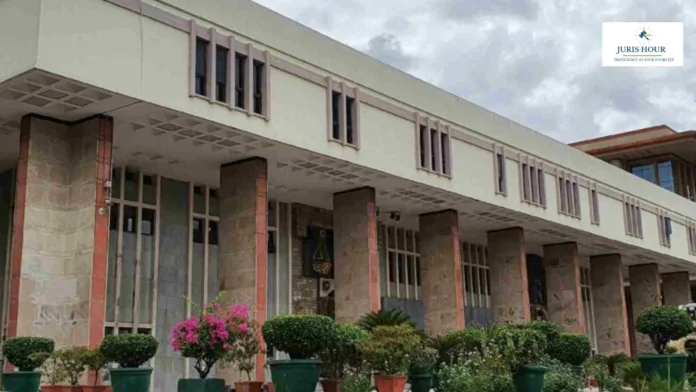The Delhi High Court has deleted the income tax addition of Rs. 42.16 Crores against NTPC Vidyut Vyapar Nigam Ltd., the Subsidiary of National Thermal Power Corporation Limited (NTPC) on account of sale of fly ash and cenosphere.
The bench of Justice Vibhu Bakhru and Justice Tejas Karia has observed that there is no question of the Assessee having earned any income. The fly ash did not belong to the Assessee, but to its holding company – NTPC. The Assessee had only sold the fly ash and utilized part of the funds as mandated and made over the balance funds to NTPC.
The respondent/assessee is a public sector company and a wholly owned subsidiary of National Thermal Power Corporation Limited (NTPC). The Assessee is engaged in the business of trading energy. During the relevant year, it was also engaged in trading fly ash and related products.
The Assessee filed its revised return of income for the financial year relevant to AY 2015-16 on 15.06.2016, declaring a profit of Rs. 98,84,52,500. The Assessee’s return was picked up for scrutiny and the assessment proceedings culminated in an order dated 23.12.2017 passed under Section 143(3) of the Act, whereby the Assessee’s income was assessed at Rs. 1,36,14,76,500/- and a demand of Rs. 25,49,58,670/- was raised.
The Assessee was handed over fly ash, a product of the thermal coal plants, generated by its holding company NTPC. The same was to be utilised for specific purposes: utilization for development of infrastructure, and promotion and facilitation activities for fly ash utilization. The Assessee claimed that the proceeds collected from sale of fly ash were credited to a separate earmarked account [fly ash utilisation account] and the entire amount was used exclusively for the purpose of utilization of the fly ash for development of infrastructure and/ or for specified purposes. The expenses incurred by the Assessee were debited to the said fly ash utilisation account and not to the Assessee’s profit and loss account.
The Principal Chief Commissioner of Income Tax (PCIT) invoked the provisions of Section 263 of the Act and made a further addition of ₹42,16,04,786/- on account of sale of fly ash and cenosphere.
The Assessee claimed that it had deposited the entire sale proceeds of fly ash, which was received from NTPC in a fly ash utilization fund and had also furnished the same. It was Assessee’s claim that the credit balance available of the fund was transferred to its holding company (NTPC) at the end of the relevant financial year. It had not earned any income.
The department contended that had debited cost of fly ash products amounting to Rs. 2,23,11,593/-; cost of employee benefits expense amounting to Rs. 4,02,19,471/- and administration and other expenses amounting to Rs. 4,28,91,315/- to the fund. The Assessee had, thus, recovered part of its general expenses from the sale proceeds of fly ash and therefore, could not claim that it had not earned any income. The sale proceeds were required to be accounted for and such expenses which were otherwise allowable under the Act were required to be debited for determining the assessable income. He contended that the learned PCIT had examined the record and concluded that the Assessee’s income from sale of fly ash was not included in the total income chargeable to tax.
The court held that the assessee had no power to spend the amount, the same was required to be spent only in accordance with the directions issued by the Government. The appeal preferred against the said order was also dismissed by the Supreme Court, in view of the orders passed in similar matters permitting the department to withdraw the appeals.
Case Details
Case Title: PCIT Versus NTPC Vidyut Vyapar Nigam Ltd.
Case No.: ITA 260/2024
Date: 23.04.2025
Counsel For Petitioner: Shlok Chandra, senior standing counsel with Ms Naincy Jain and Ms Madhavi Shukla
Counsel For Respondent: Ved Jain and Mr Nischay Kantoor

